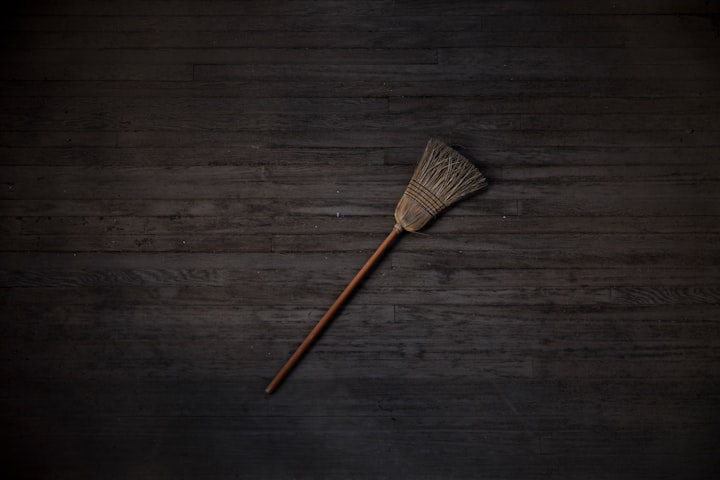What Exactly is the Plan for the Rangers Next Season?
The Rangers have yet to make any tangibles improvements to the NHL roster for the 2020-21 season.
It would be sloppy and intellectually dishonest to analyze anything about the Rangers’ outlook for next season without first emphatically cautioning that it is only Day Four of free agency in a unique offseason. Alex Pietrangelo is still on the market, which is not to say that he is a plausible target for the Blueshirts, but he serves as an unambiguous benchmark for how slowly the marketplace is moving in response to a season of league-wide austerity that optimists believe won’t begin until Jan. 1 at the earliest. There are likely still many transactions to come around the league and the Rangers may be working on some of their own.
The early returns don’t look great, as Jesper Fast left for Carolina on a three-year deal worth $2M annually this past weekend after spending parts of seven seasons in New York.
Added were Kevin Rooney, Jack Johnson, and Anthony Bitetto. Rooney, a former Devil, is a decent enough defensive center who can kill penalties, and he should be an upgrade over Greg McKegg in the 12th/13th forward role.
Johnson and Bitetto, however, are two black holes. Johnson, approaching 34 years old, has been, literally, the worst defenseman in the NHL the past three seasons. Bitetto, 30, bleeds shots against and has not scored a goal in his last 111 NHL games.
Even with the positive addition of Rooney, the net impact of those three signings is sizably negative. The Rangers would be a better team right now if they had done literally nothing.
The Rangers were an exciting but incredibly flawed team last season that needed Herculean contributions from its top players and goaltenders in order to mask a toothless bottom-six and the worst team defense in the league well enough to hang around the playoff race. They’ve since swapped Fast for 19-year-old Alexis Lafreniere and added the aforementioned three.
The best thing one can say about that series of decisions is that the Rangers have not committed term to anybody. The Rangers’ best years are ahead of them and they don’t want to lock themselves into contracts. If that’s why Fast was allowed to depart, then fair enough.
But next season matters, too. The Rangers have moved beyond the period of treading water while waiting to accumulate talent. That talent is here. Right now. Maybe not all of it, but definitely a lot of it. The clock is ticking on the entry-level contracts for Lafreniere, Kaapo Kakko, Adam Fox, Filip Chytil, and Igor Shesterkin. Mika Zibanejad and Pavel Buchnevich are nearing the ends of their bargain contracts and become unrestricted free agents in two years. Artemi Panarin and Chris Kreider are at the end of their prime years. It would be a total waste to not make the most of this very limited period for those favorable circumstances.
One could argue that the Rangers are banking on their youngsters progressing. It’s possible they may get more out of Kakko, Chytil, Ryan Lindgren, Julien Gauthier, and Brett Howden. It’s possible that a full season of Shesterkin improves upon what was already great team goaltending. New assistant coach Jacques Martin could improve the defensive output simply by changing tactics.
But that’s all equally likely to be counter-balanced by dips elsewhere. How probable is it Zibanejad again shoots a career-high 19.75 percent and leads the league in goals-per-game? How likely is Panarin to conduct a second-straight season in which he is the league’s best player? What if Fox and Lindgren face sophomore slumps, even if only of minor magnitude?
The 2020-21 season may not be do-or-die, Cup-or-bust for the Rangers, but it’s not a season worth wasting. As things stand, it’s hard to see how the Rangers are in any meaningful way better than last season.
Maybe the Rangers are fine with that. Or, more precisely, perhaps management assessed the current conditions — the sudden flat salary cap, the free agent and trade markets, and the current roster composition — and determined it would best to keep all of its powder dry. Brendan Smith’s contract comes off the books at year’s end, as does $9M in dead cap space from buyouts. Top prospects K’Andre Miller, Vitali Kravtsov, and Nils Lundkvist will likely be ready for full-time NHL gigs. The trade market will no longer be at a slow trudge.
Suppose President John Davidson and General Manager Jeff Gorton decided that 2021-2022 would be the year to come onto the scene and announce itself to the NHL in some capacity.
If that is the case, why don’t the totality of their moves reflect such a plan? Why not eat one more year of Marc Staal’s contract rather than trading a second-round pick to open up cap space in a season you’re planning to punt? Why even consider re-signing Ryan Strome, a year from unrestricted free agency and unlikely to be part of the long-term picture?
The long-term plan is as clear as ever. The organization’s five- and 10-year plans are as good as they have been since the early 1990s. The accumulation of talent, both in terms of high-end cornerstones and quantitative depth, is tremendous and a testament to the organization’s unwavering commitment to a true rebuild (with some luck thrown in, of course). The sky is not falling and there’s no reason to call into question the general strategy for building an enduring Stanley Cup contender.
It’s just hard to figure out what the Rangers want more immediately. If the objective is to be a better team than they were in 2019-20, then it’s difficult to see how they have in any way built towards that so far this offseason. If the mission is to take their lumps for one more season and maximize flexibility for the 2021 summer, then there’s no sense in alligator-arming that agenda as they have.
The Rangers may very well have a plan. There could be transactions brewing behind the scenes, and the team’s immediate direction may suddenly make more sense a week or even a couple of months from now. Until, and unless, the Rangers more vividly act on a particular direction, it’s difficult to discern a meaningful plan for next season.



